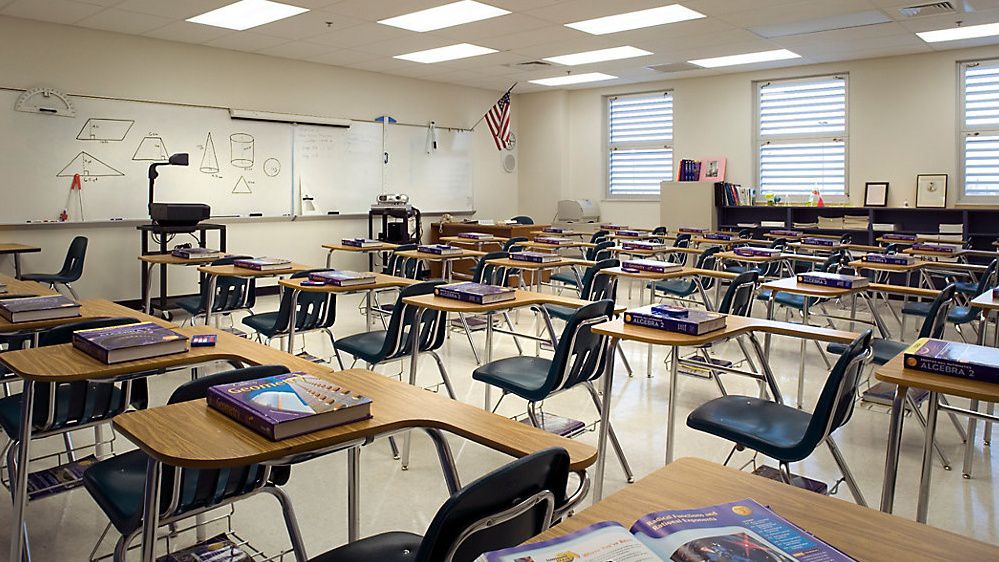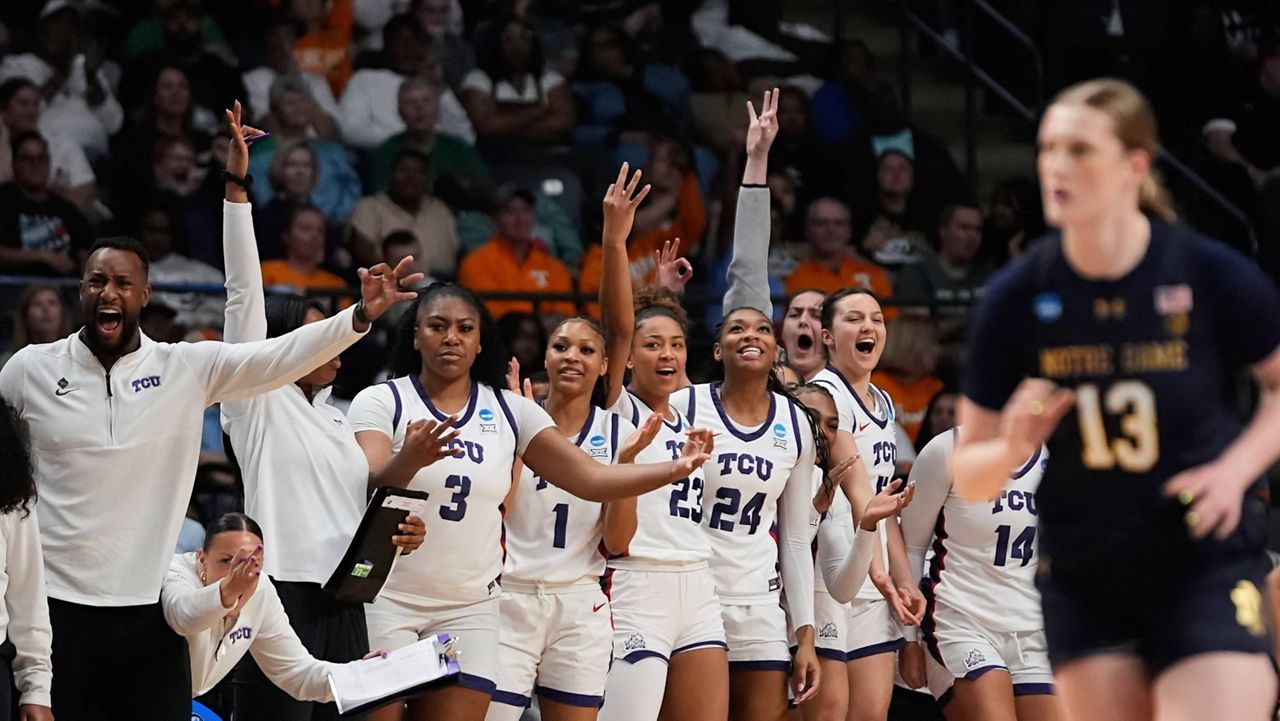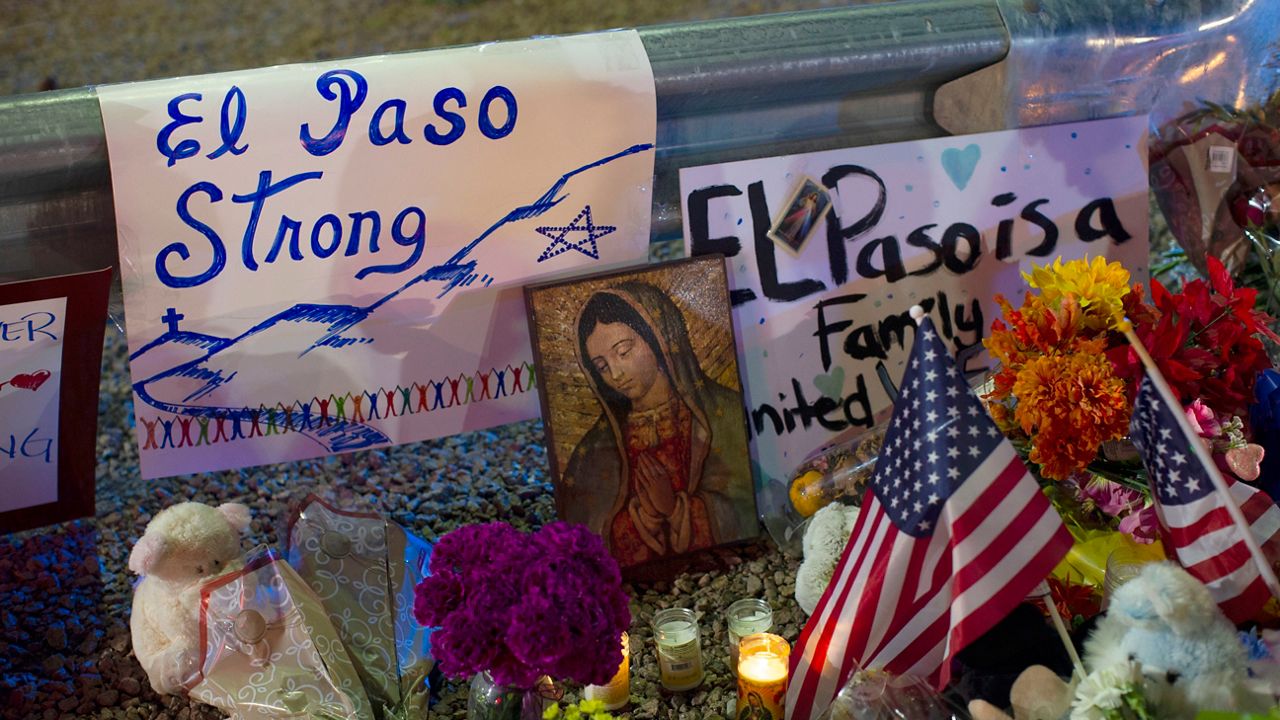AUSTIN, Texas – A group of immigration advocates gathered near the Texas Capitol Wednesday to protest two border-related bills. House Bill 20 would allow local law enforcement to arrest, detain and deter individuals from crossing the border illegally. The state-run Border Protection Unit could also charge them with a third-degree felony for walking onto private property.
“That to me, and that to all of us here, is the definition of anti-immigrant,” said Roberto Lopez, the senior advocacy manager at the Texas Civil Rights Project. “If someone is charged with a crime at the state level, especially a third-degree felony, it would severely hamper their chances of seeking asylum in the future. It would mean that their pathways to to have some sort of documentation would be less likely.”
House Bill 7 would develop a new court system to handle immigration cases.
“They are being equated with an invasion. They are being equated with bringing in fentanyl and killing Americans,” Lopez said. “The entire context, the entire environment that we’re in, is setting up this border court system to be prejudiced against undocumented individuals.”
He and the other immigration advocates are looking out for migrants like Rafael José Castañeda, a Venezuelan in Juarez, Mexico. He plans to cross the border into Texas, but these bills make him nervous.
“There’s no reason to catch us, arrest us and charge us for things we haven’t even faced in our own country. It’s illogical,” Castañeda said.
Others say the legislation is needed to address migrant surges in Texas.
“We trust law enforcement, we trust Governor Abbott, to go down a proper route and do what’s in the best interest of the citizens and legal residents of Texas, not people who are coming here illegally and breaking our laws,” said RJ Hauman, senior counsel with Texans for Strong Borders.
Gov. Greg Abbott has spent billions of dollars on his border initiative, Operation Lone Star. Hauman said this expenditure is needed in the absence of federal help.
“The federal government has completely gutted their responsibility to enforce the law,” Hauman said.
House Bill 20 says if the governor declares an invasion, the Border Protection Unit could "repel persons attempting to enter this state unlawfully," "return aliens to Mexico," and use force to "detain known transnational cartel operatives."
"The definition of 'invasion' is clear," Hauman said. "It's an unwelcome intrusion on someone's domain. That's exactly what's happening here. So fortunately, what [the bill] does is it recognizes the invasion and kind of puts a plan in place of how to evoke that authority, what to do to step up for the constituents and the people of Texas, and the nation as a whole."
Even though it’s the federal government’s responsibility to handle immigration, Hauman said these bills are in the best interest of Texans.
“The biggest thing they can do is send a bold message. It will create a standoff of sorts with the federal government. But we believe they are on firm legal footing. It’s a bold step that needs to happen. We’re hopeful it passes out of committee and it remains a priority in the House,” Hauman said.
The lower chamber allocated another $4.6 billion for border security efforts in its budget last week. And Texas House Speaker Dade Phelan has voiced his support for the two border bills.
But Lopez thinks creating a Border Protection Unit and a new immigration court system is the wrong way to spend Texas' tax dollars.
“Investing at the state level in our communities and the federal level in dignified, humane processing would make everything so much more orderly and, in my opinion, so much more cost-effective,” he said.
House Bill 7 would also provide more funding for border wall construction.
“We see ladders along the wall. People will dig tunnels. Humanity will find a way,” Lopez said. “If people are desperate enough, they will do whatever it takes to try and seek shelter and safety... It is heartbreaking to see billions of dollars being poured into concrete, into iron, next to border communities that don't have basic drainage, that flood annually. Our priorities are totally off.”
Immigration advocates worry about people like Castañeda who, regardless of this legislation, will still try to come to Texas for a better life.
“We want to go to work and produce and, above all, help our families morally and financially,” Castañeda said.











